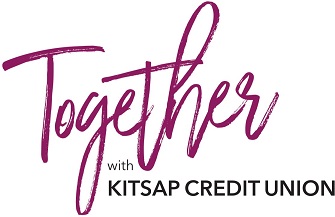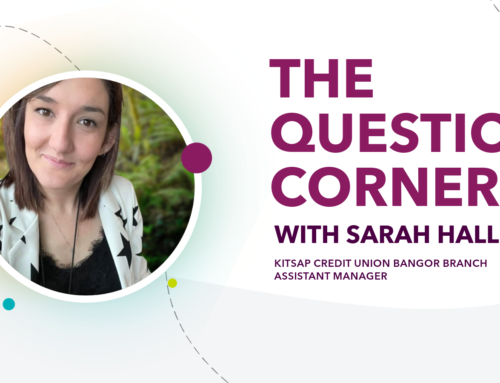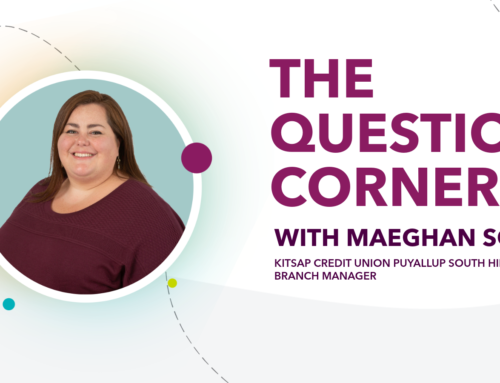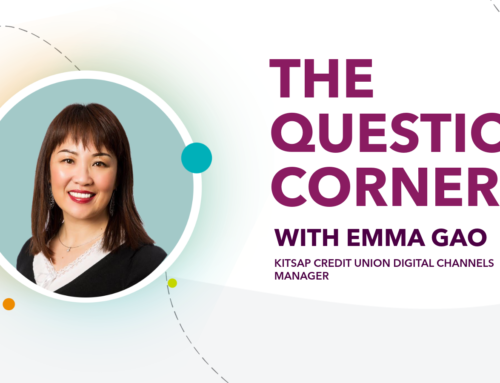This article was developed as part of Kitsap Credit Union’s partnership with EVERFI, Inc.
As the seasons change, you’ll likely start to see “for sale” signs popping up around your neighborhood.
Buying a home can be an exciting milestone in your life, and it’s important to educate yourself on the financial implications of home-ownership before you make an offer. Whether you’re a first time home-buyer or a current owner looking to sell or refinance, there are a few questions that should help guide your decision:
1. What are the pros and cons of owning vs. renting?
Owning a home is a long-term commitment. Recent studies show that the average buyer expects to live in their new home for 13 years before selling. While home-ownership allows you to build equity and take advantage of tax benefits, owning also comes with risks.
Educate yourself on the costs and benefits of owning a home before you make an offer.
2 Am I ready for the responsibilities of home-ownership?
While property is generally considered an appreciating asset, home values are tied to economic conditions. Having your financial house in order is an important first step to buying a house! Are you confident in your ability to pay your bills on time? Are you able to budget for unanticipated costs?
3. How much home can I afford?
Determining how much home you can actually afford goes beyond the list price of a property. Other factors that will affect your monthly payment include interest rates, taxes, insurance, income, debt, and future monthly expenses – to name just a few. While there are numerous “affordability” calculators out there, it’s important to first understand the whole picture.
Before you buy, take action to determine how much home you can afford.
4. How will lenders evaluate my mortgage readiness & make loan decisions?
Are you familiar with the “Four C’s of Loan Credit?” Lenders look at a number of factors to determine the terms of a mortgage loan.
5. How will my credit score impact my ability to buy?
Your credit score and the information in your credit report are key factors in whether or not you’ll be approved for a mortgage and at what interest rate. When was the last time you checked your credit?
Learn more about your credit, as well as steps you can take to build strong credit.
No matter what stage of home-ownership you are exploring, expanding your knowledge about the key financial questions to ask when buying a home will help you make a long-term decision that benefits you!
You can view all home-ownership related content by visiting Kitsap Credit Union’s Financial Education Center.






